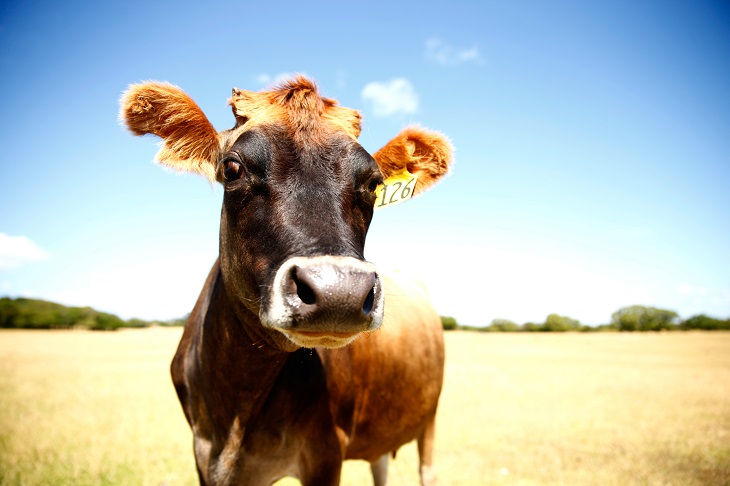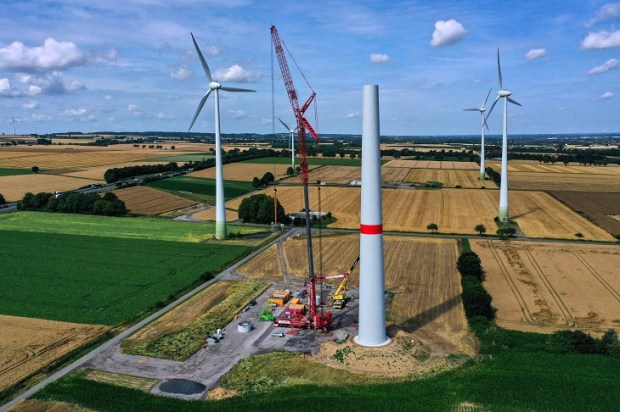After the spectacular failure of mRNA vaccines in human trials, the agricultural industry is pushing ahead with mRNA vaccines for livestock engaged in the food industry.
Whispers of stock ‘dying suddenly’ will no doubt become a complaint of farmers in the future, summarily ignored by government in the same way officials refuse to listen to serious concerns about dam-building restrictions, price hikes on Ag products, ridiculous fees and charges, incomprehensible red and green tape, biosecurity regulations that do nothing, and – fresh out of Western Australia – expensive negotiations with Indigenous groups who have never set foot on the land they...
Already a subscriber? Log in
Subscribe for just $2 a week
Try a month of The Spectator Australia absolutely free and without commitment. Not only that but – if you choose to continue – you’ll pay just $2 a week for your first year.
- Unlimited access to spectator.com.au and app
- The weekly edition on the Spectator Australia app
- Spectator podcasts and newsletters
- Full access to spectator.co.uk


























Comments
Don't miss out
Join the conversation with other Spectator Australia readers. Subscribe to leave a comment.
SUBSCRIBEAlready a subscriber? Log in